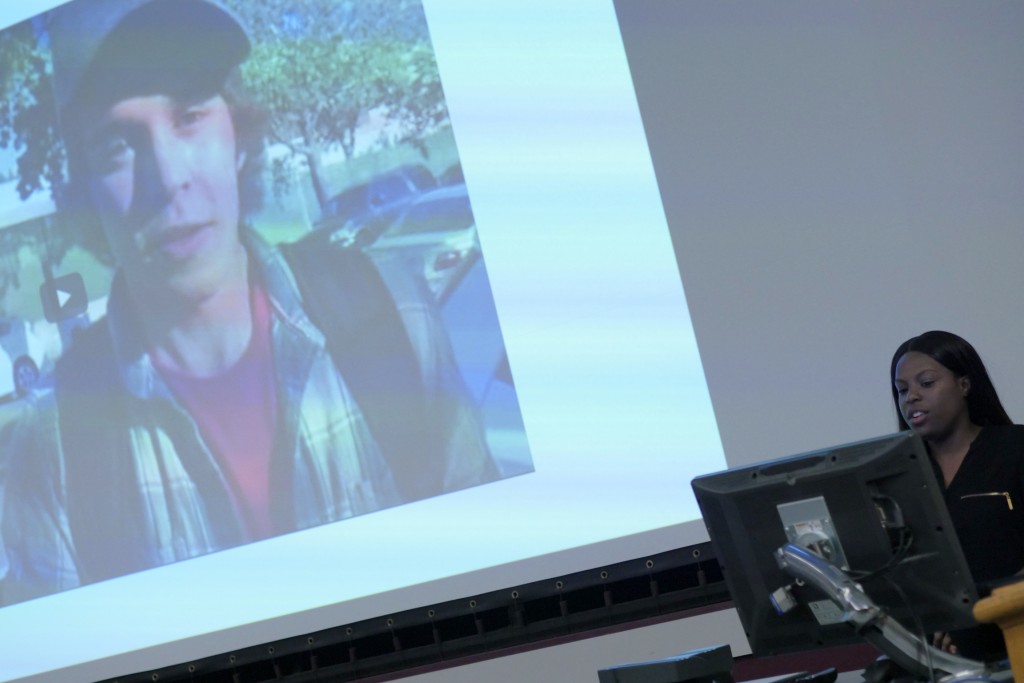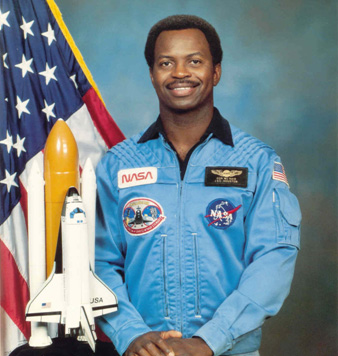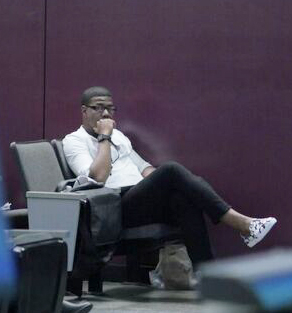Winners of LaunchPad’s 2025 Ideas Fest
The Blackstone LaunchPad hosted Ideas Fest, the annual LaunchPad student innovator competition, in Bird Library on Sept. 12. The event drew more than 60 student entrepreneurs from various schools and colleges across campus, and they delivered a 90-second elevator pitch to…




